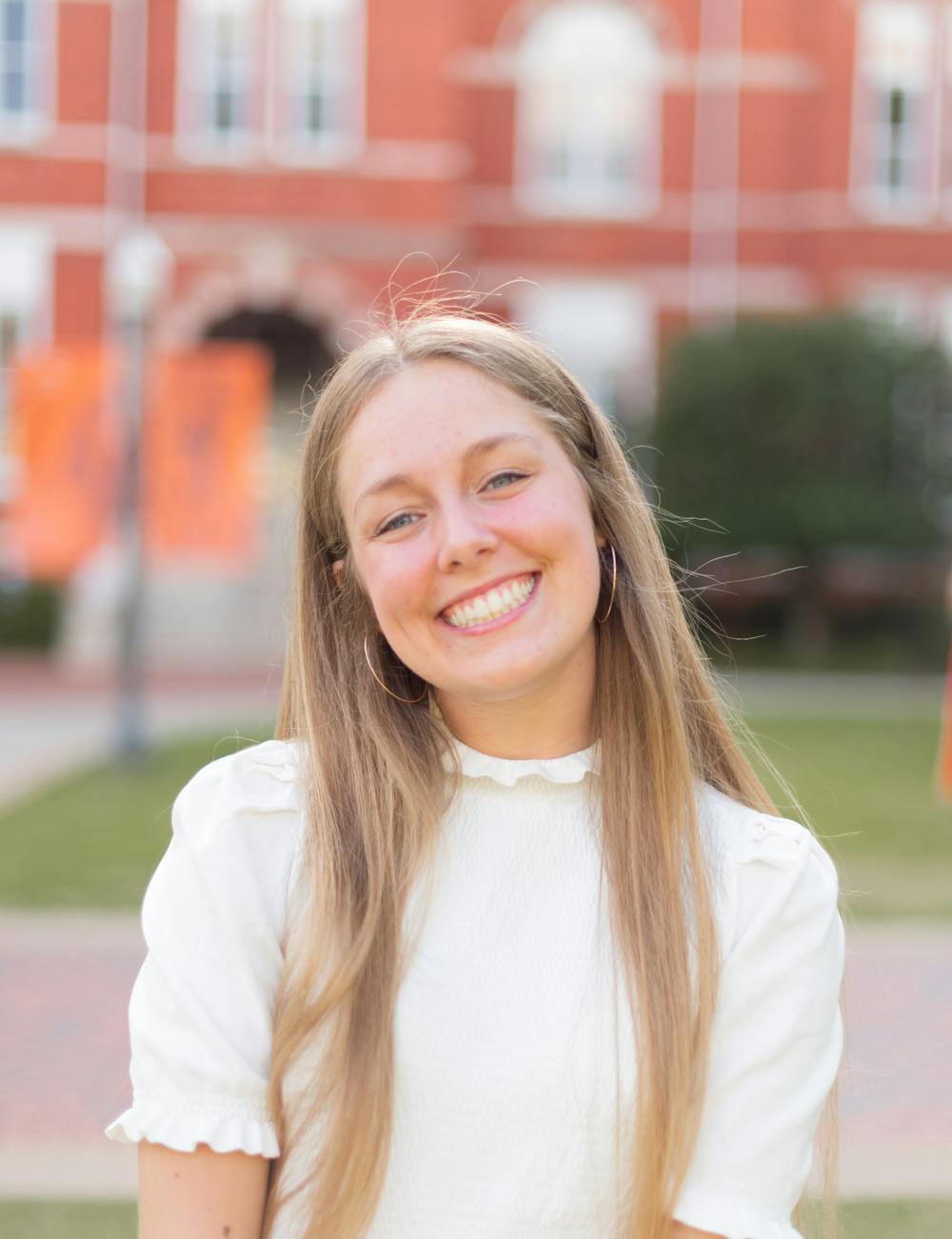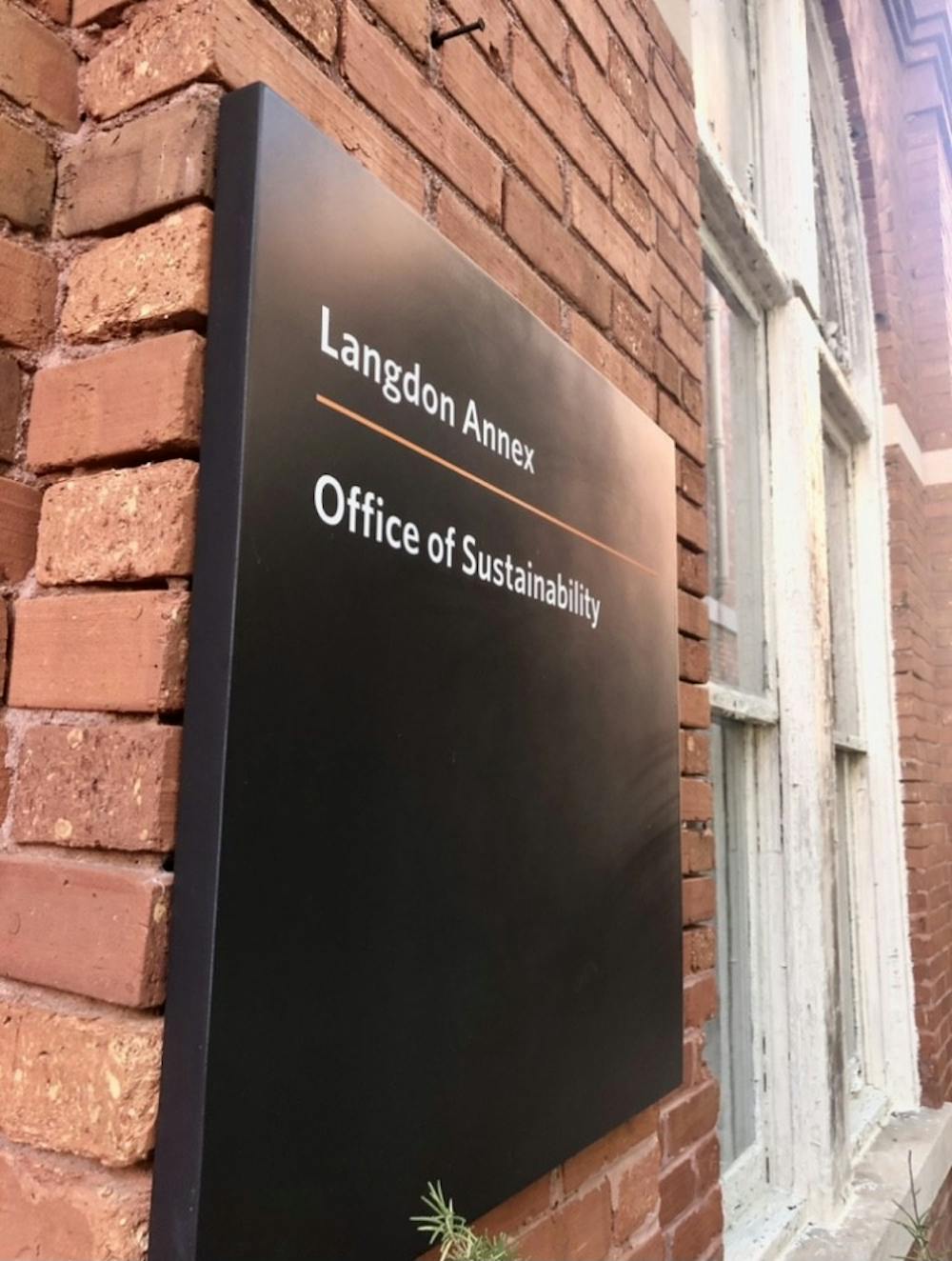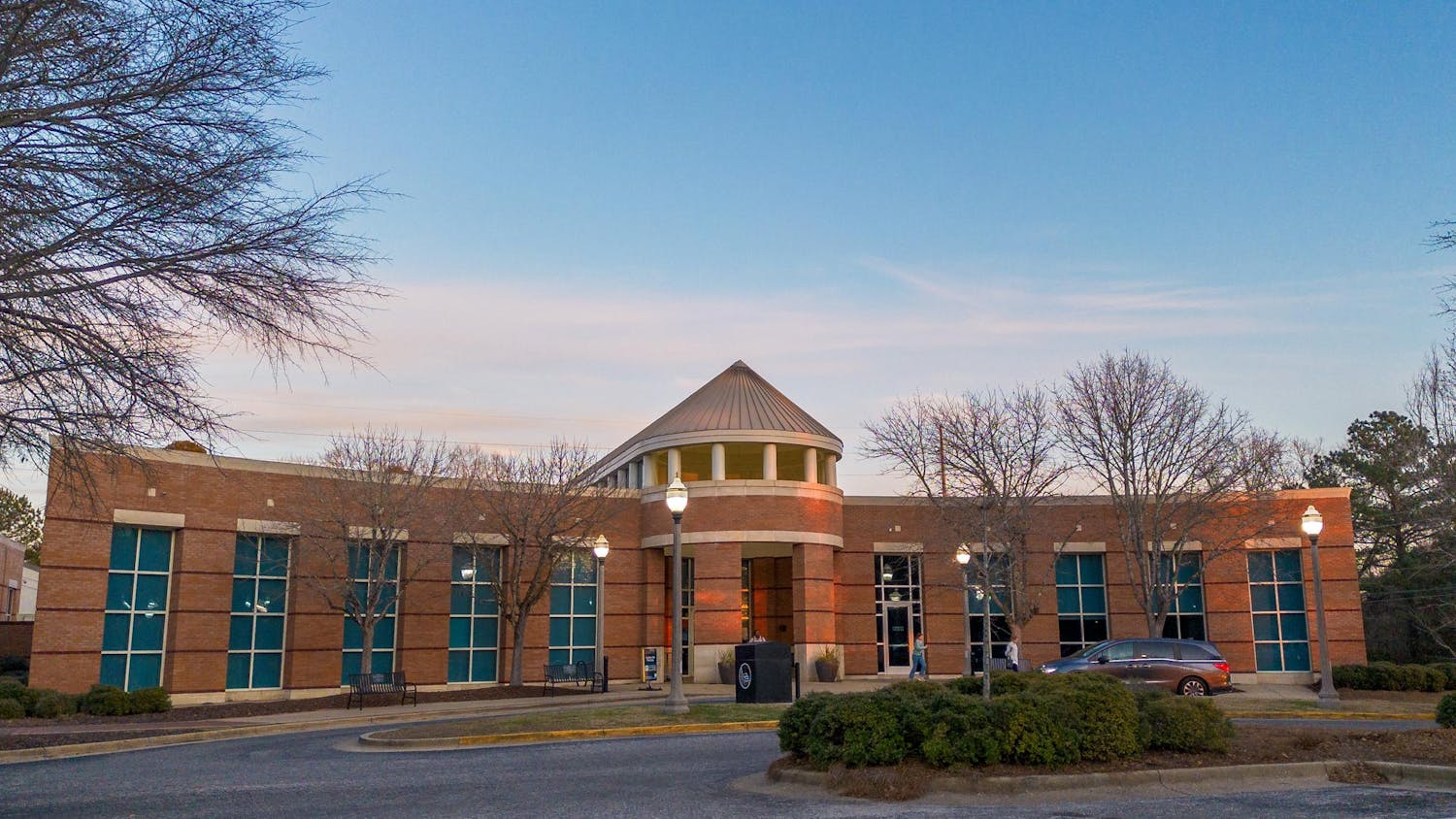Sustainability is one of the least understood complications of our time.
I had trouble giving it attention because it was too overwhelming to comprehend, and I felt like there was nothing I could do about it.
After all, how can one college student stop climate change?
I visited Auburn’s Office of Sustainability one afternoon, and I left with a plethora of facts, resources and ways to make a positive impact.
The practice of sustainability encompasses far more than I had previously thought.
Sustainable habits are not a “fix.” They are a way of living more respectfully in the world to ensure the well-being of all living things — now and into the future.
“The Sustainability Compass” is a foundation for understanding, and it serves as a guide.
The fields of nature, economy, society and well-being make up the compass rose.
Each of these aspects requires nurturing, and the healthy upkeep of all four constitutes the practice of sustainability.
Nature is probably the one we most closely associate with the word “sustainability.”
“Little things tend to add up. Try not to let the overarching feeling of climate anxiety bog you down because your one recycled bottle is still one more thing being recycled,” said Grace Reilein, one of the student staff in Auburn’s Office of Sustainability.
One of the biggest things you can do in the nature category is educate yourself.
The Office of Sustainability hosts se eral events, and held a Climate Teach-In on March 22 to expound on the topics of climate change, public health, environmental justice and movement building.
Think about the realm of economy in systemic terms.
“It’s supply and demand,” aid Jennifer Morse, outreach and communications manager for the Office of Sustainability. “One of the most important things you can do is think about what you value and then have your purchases align with those values.”
Voting with your dollar means using your money to live more sustainably; your purchasing behavior has an impact.
This doesn’t always mean buying organic food — although that helps.
Sometimes it looks like renting, thrifting, borrowing, making or not buying something if you don’t really need it.
Businesses will notice if customers boycott their styrofoam goods in exchange for reusable plates and cutlery.
Supporting local businesses also goes a long way, which ties in with the compass’ idea of society.
Things like volunteering and meeting new people help sustain a community.
Auburn University is its own community. Thousands of students doing “small things” can have a tremendous impact on a city and even state. Don’t sell yourself short, because your actions have influence and impact.
Well-being is personal sustainability. This looks like eating healthy food, getting exercise and maintaining mental health.
Being a college student gives you countless new experiences, so it is important to have an anchor and way to replenish yourself — so you can live the rest of your life.
“I used to think this was some huge thing that was so far above me that there was really nothing I could do to help, but there’s really a lot that you can do,” said David Morgan, the Office of Sustainability’s communications specialist.
One person’s actions have influence.
Their actions can improve their own behavior, have a positive impact on their community, influence their economy or make a small change that positively affects the world.
Sustainability starts small.
Do you like this story? The Plainsman doesn't accept money from tuition or student fees, and we don't charge a subscription fee. But you can donate to support The Plainsman.

Sami Grace Donnelly, senior in English literature, began writing for the Plainsman in the fall of 2021. She has served as a columnist, writer abroad, Opinion Editor, managing editor and is now Editor-in-Chief of the Plainsman.





